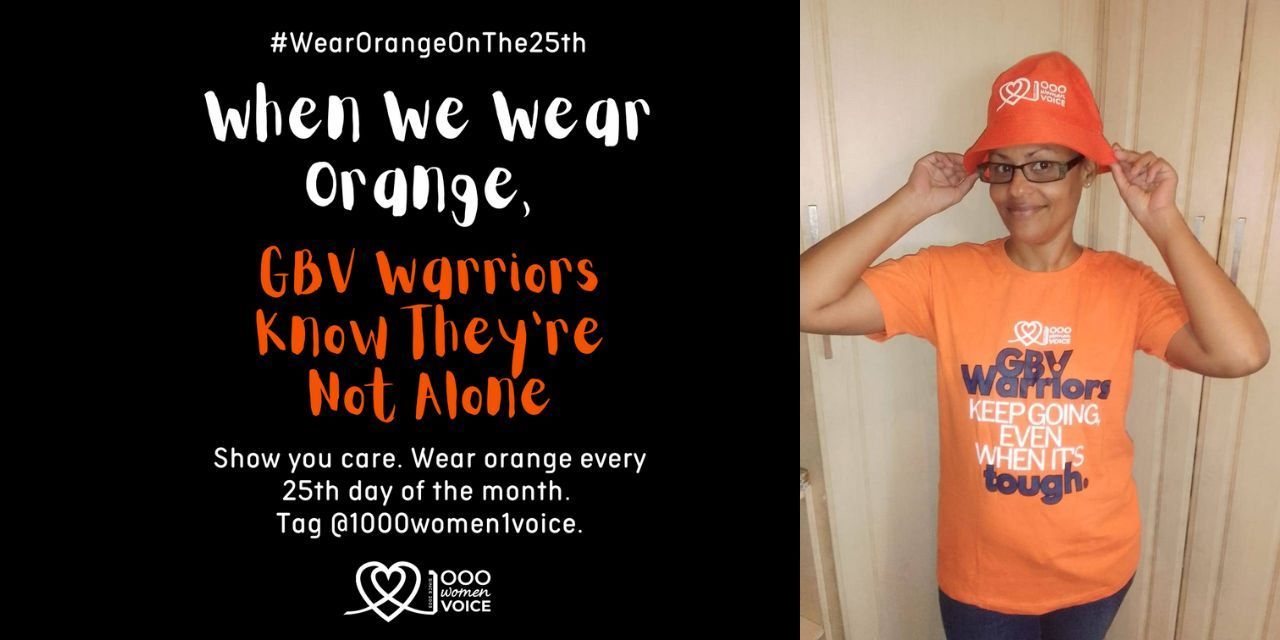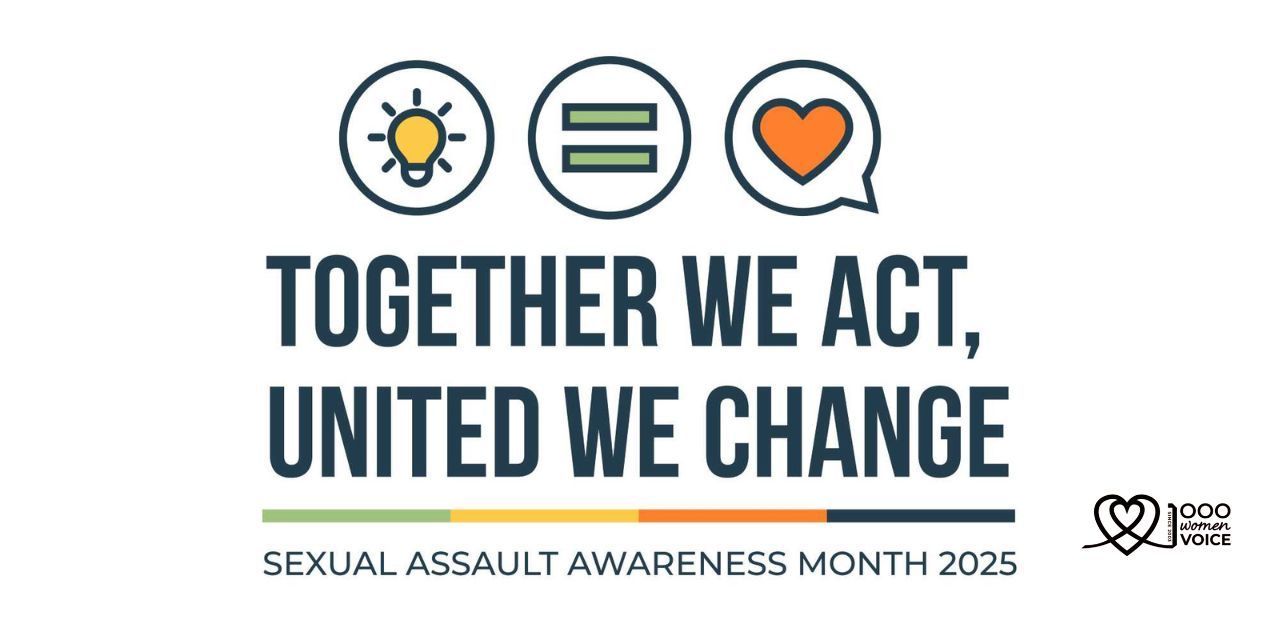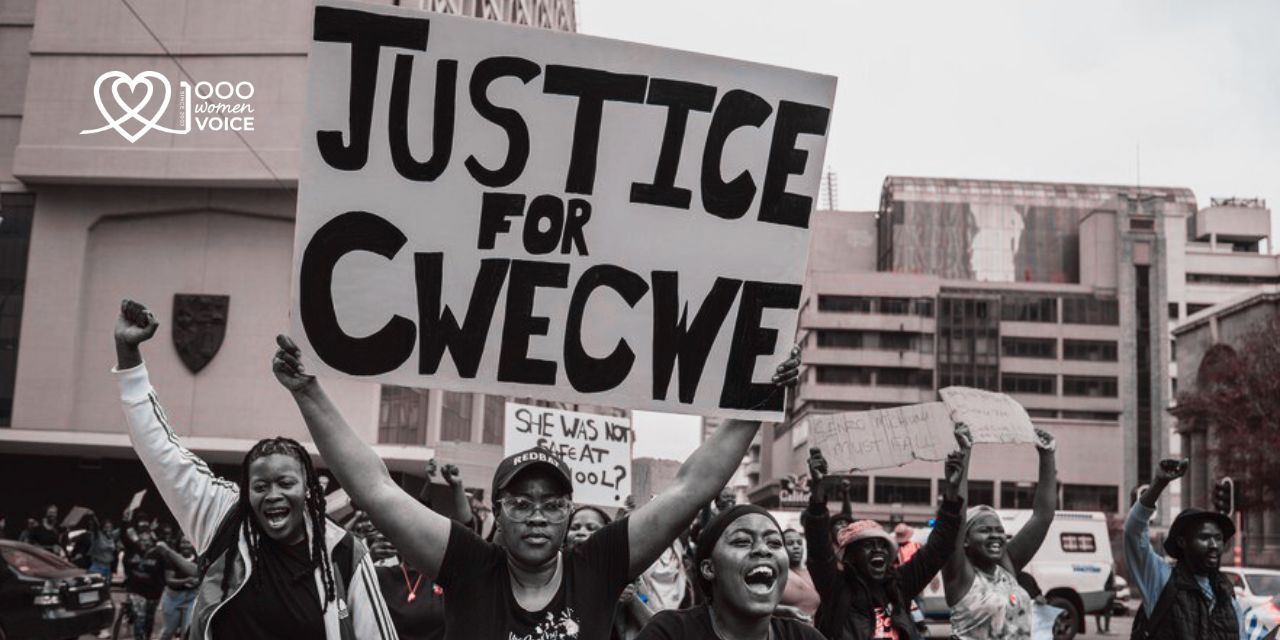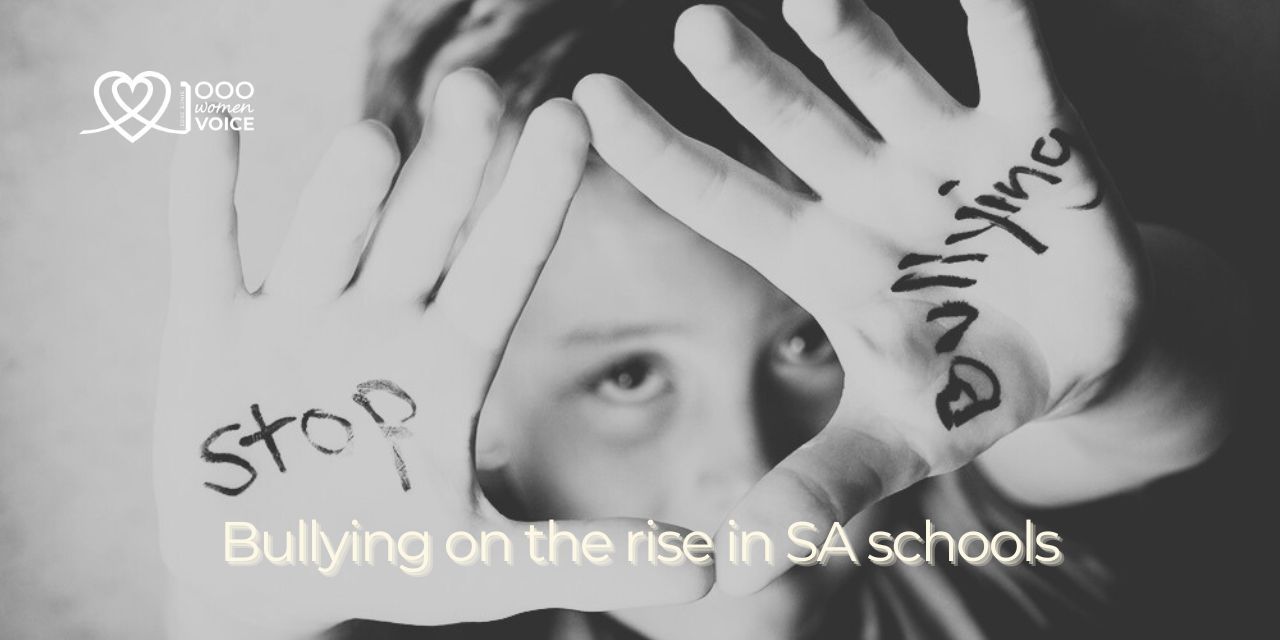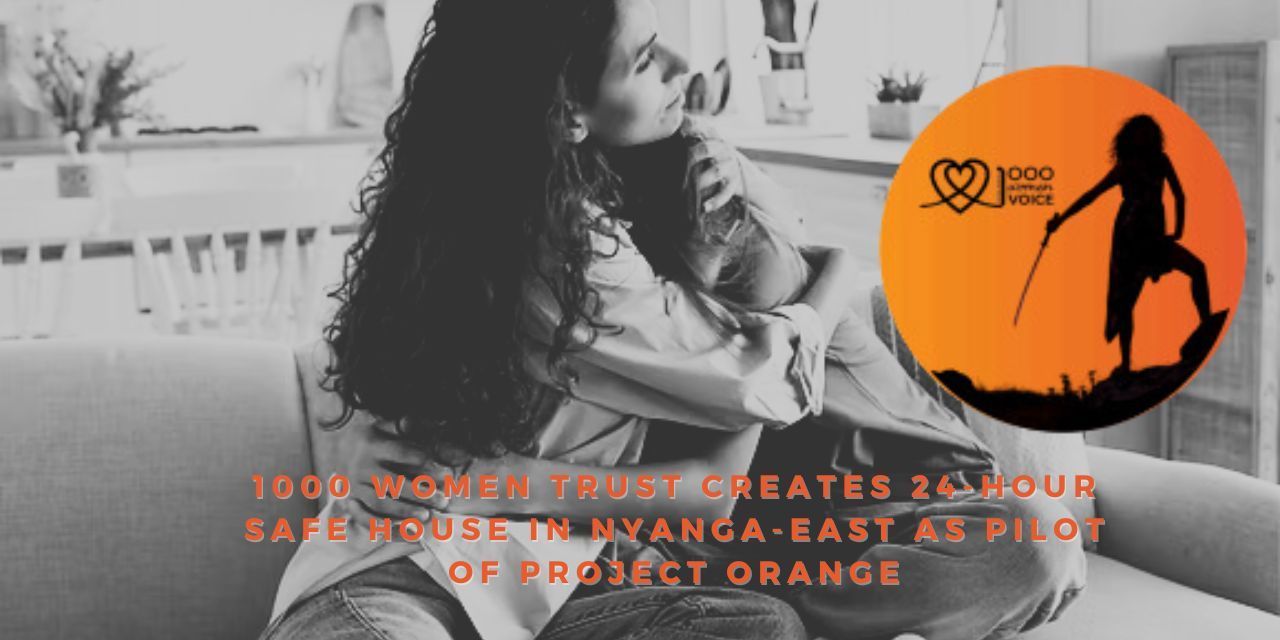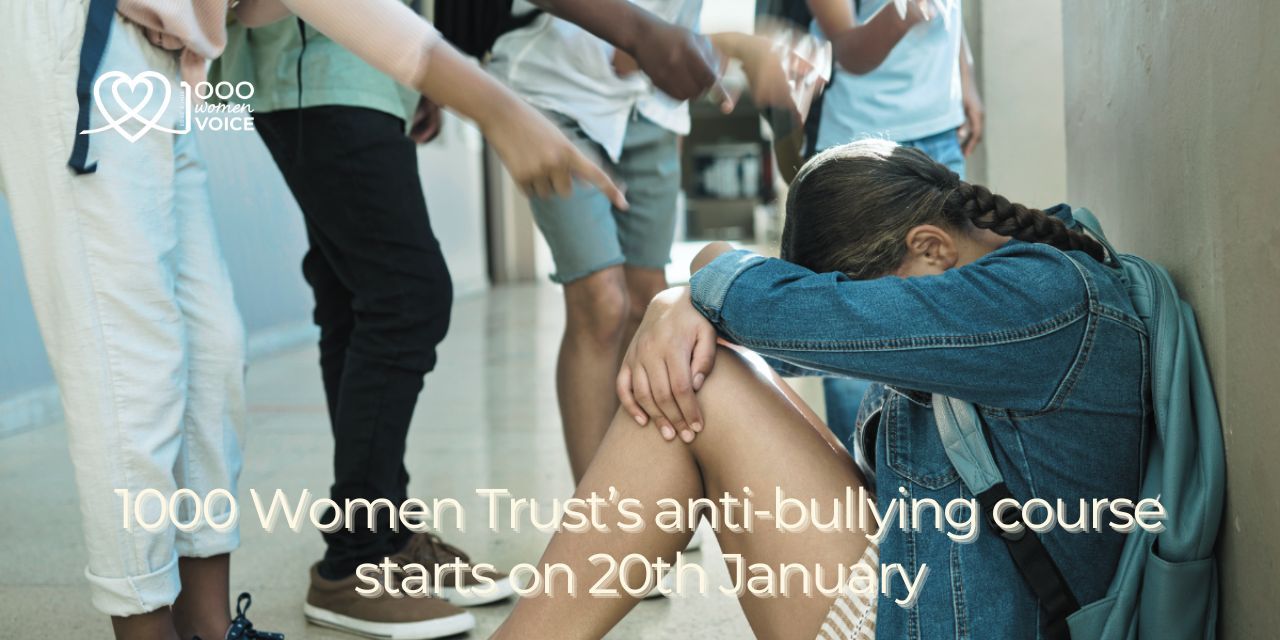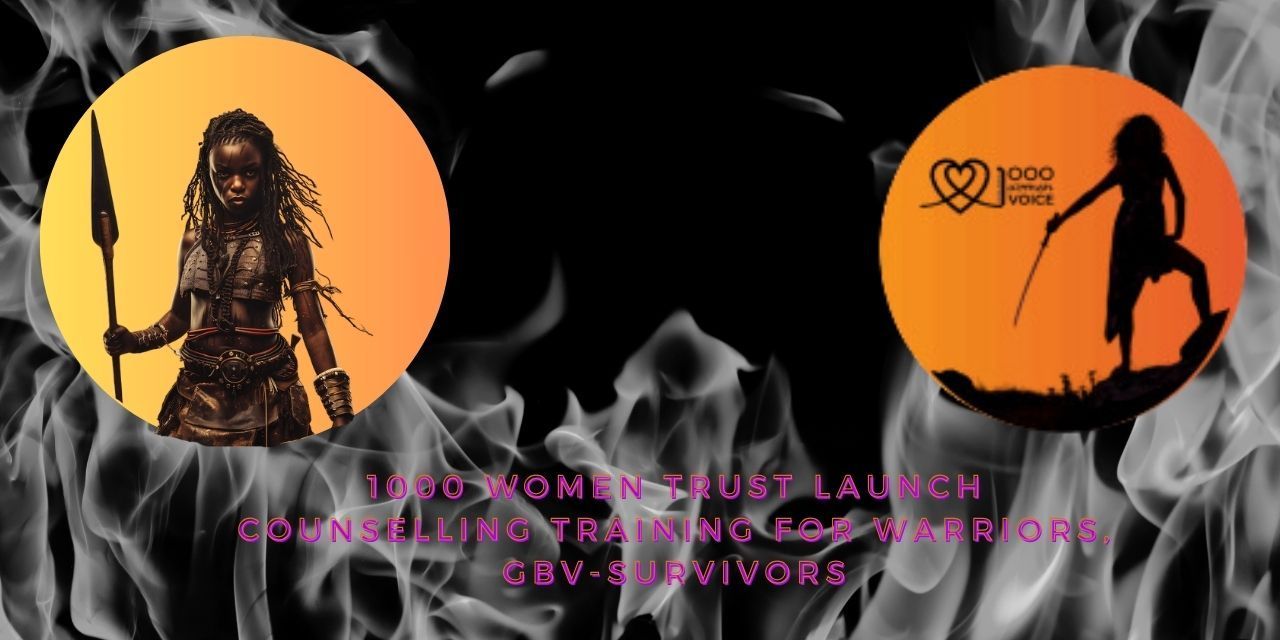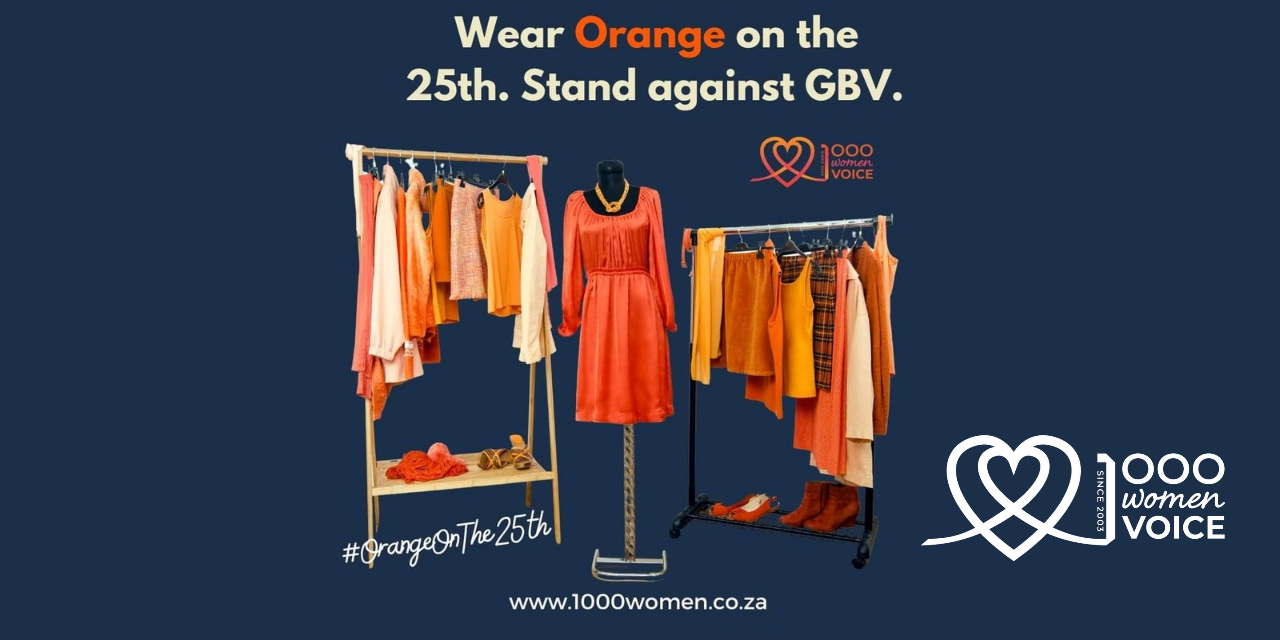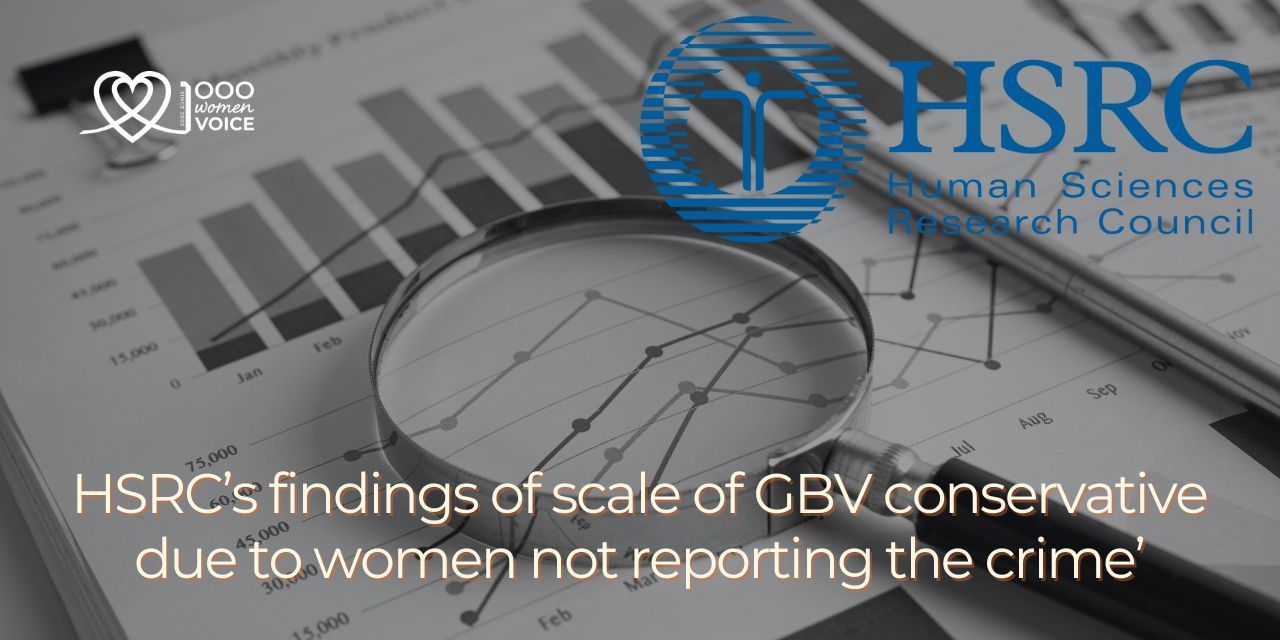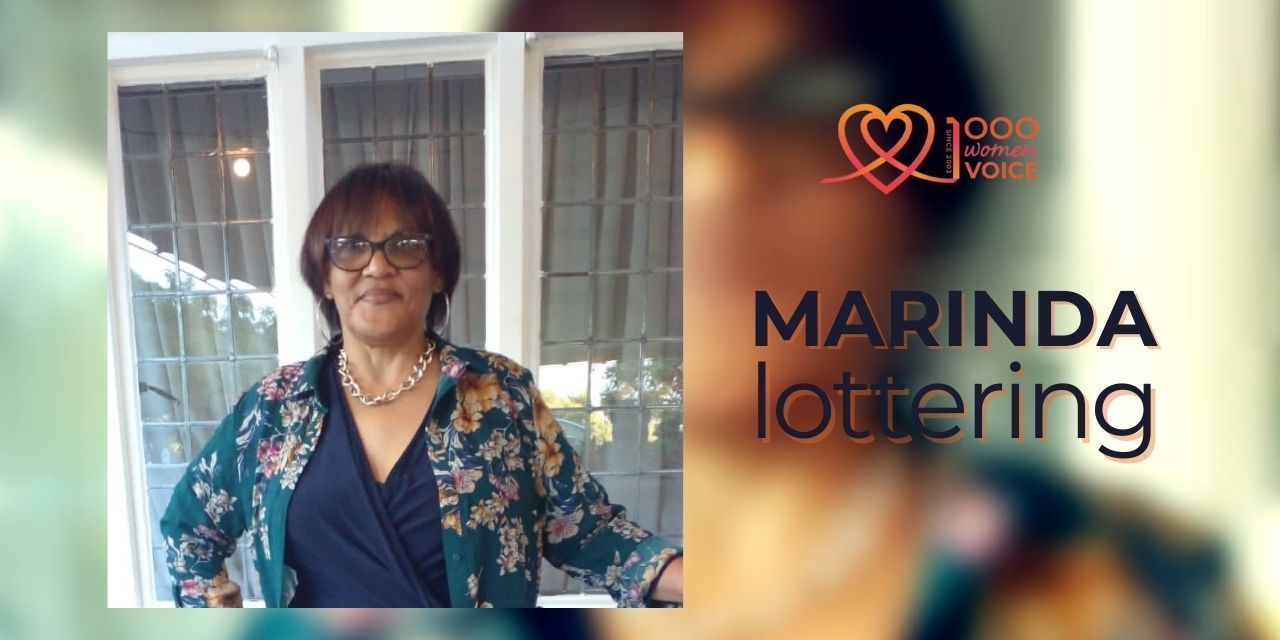National plan against GBV failed SA women due to poor implementation, warns 1000 Women Trust
National plan against GBV failed SA women due to poor implementation, warns 1000 Women Trust
The police, health professionals like nurses and the courts are failing survivors of gender-based violence dismally and that severely undermines any progress made by government since the 2019 Presidential summit declaration and its national strategic plan, warned Tina Thiart, director of the NGO 1000 Women Trust.
Thiart, directors of several other NGOs at the forefront of the fight against gender-based violence, as well as the #HearMeToo-facilitators forum of 1000 Women Trust, were approached on the eve of the second presidential summit on gender-based violence and femicide which will be held at Gallagher Estate in Midrand on 1st and 2nd November 2022.
The first presidential summit was held on 1st November 2018 and was followed by the national strategic plan in 2019.
Several members of the #HearMeToo-facilitators of 1000 Women Trust gave harrowing accounts of how they were failed by the police and the judicial system when confronted by perpetrators of gender-based violence.
Lesley Thompson, a member of the #HearMeToo-facilitators-forum, said she had a client – a nurse at a Cape Town-based Hospital – who was raped by her own husband’s friend two weeks ago.
Her husband – a drug addict – had to pay back R1200 and could not, so he allowed the friend whom he owed the money to sleep with his wife. She did not agree, and he raped her while her husband kept his mouth shut.
She went to the police station to lodge a complaint and did everything she had to do.
When she went back to the police station on Monday her file was nowhere to be found.
Nomzamo Kuzwayo-Louboya, another member of the #HearMeToo-facilitators-forum, said she was abused by SAPS Police officers. She was assaulted and attacked by six men in three police vans after she went to the police station to report a case of gender-based violence.
Thiart said the good intentions of the presidential summit and the national strategic plan is thwarted by a lack of commitment and empathy by many officers at police stations and nursing professionals at hospitals. The prosecuting authority also too readily allow perpetrators to get bail.
“There has been an increase in femicide since 2019, as well as in the number of reported rapes to the police stations. The situation has worsened considerably because the implementation of the national strategic plan is abysmal.”
Latifah Jacobs, founder of the NGO Aurora Kuilsriver CAN, said the implementation of the national strategic plan has been poor.
“Statistics prove that the conviction rate of perpetrators of gender-based violence is getting worse. The bail system (for perpetrators of gender-based violence) are still easily accessible for the perpetrator. There is a lack of professionalism that affects the outcome of cases. There is a massive backlog in processing evidence,” she said.
The protection order against women is not enforced by the police. The only cases in which they react to protection orders is if a woman is in danger of losing her own life, said Vanessa Nelson, director of the NGO Hope for the Future
NGOs complain because the police do not have a filing system in place to file their copies of protection orders.
“Bail conditions are also violated on many occasions by perpetrators and there is absolutely no recourse,” Nelson said.
“The justice system is not the problem, but the magistrates are. They make so many wrong decisions to allow perpetrators to walk free. They, and the state prosecutors must be accountable for getting it wrong.”
She said it is essential that trained SAPS officers who deal effectively with gender-based violence and rape at all stations are employed by the police.
Natasha Small, a member of the #HearMeToo-facilitators of 1000 Women Trust, said the police are not responding to cases of gender-based violence by filing a case. Rather, they would insist the survivor of gender-based violence get a protection order.
Furthermore, the justice system grants the perpetrators certain rights and in some cases, the perpetrator who sat in jail, files a case against a woman who was raped by him.
Thiart said one of the ways in which the police and the judiciary system are failing South Africa is that there are many girls between the ages of 9 and 13 who fall pregnant, yet no cases of statutory rape are opened as is required by law.
She said police officers are often guilty of secondary victimization of women who report gender-based violence.
Nurses often lack compassion and when a survivor of gender-based violence approaches them, they are denied specialist care and sent away to a police station, or dismissed because they did not follow “procedure”.
A recent example was that of the 15-year old Zenizole Vena, who was raped and went to the Motherwell Clinic severely injured, yet was told to report it to the police and died just a few hours later.
The Summit on 1st and 2nd November will reflect on the work undertaken since the first Presidential Summit on gender-based violence and femicide in November 2018, report on key successes and challenges, and outline clear strategies to overcome them.
Press release compiled by Fanie Heyns on behalf of 1000 Women Trust. For more information, contact Tina Thiart on 0732079079.
